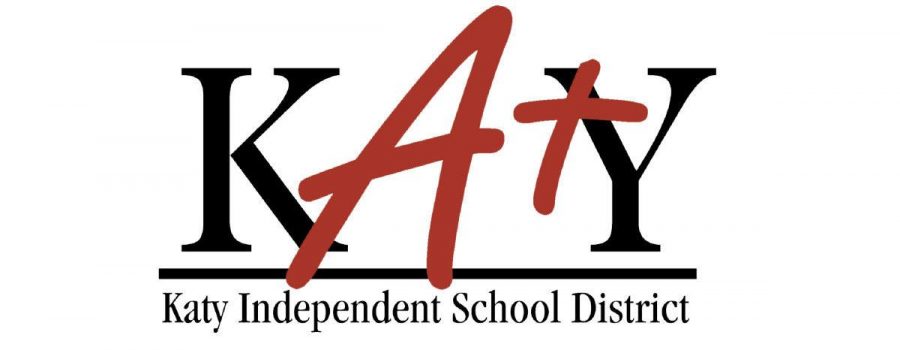Should KatyISD Have Closed Schools?
A Closer Look at COVID-19 and it’s Impact on Students
March 13, 2020
KISD was right to postpone break
By Yoonsoo (Seth) Choi
Katy ISD announced yesterday that it will be postponing the return of school, campus events, field trips, student trips and UIL practices and competitions for one week effective today due to COVID-19. Absences due to Covid-19 have been waived for final exemptions and free breakfast and lunch will be offered at designated campuses. The district made the right decision to stop the spread of the virus.
Experts point to the 1918 flu as an example of the effectiveness of school closures. St. Louis, which closed schools, did not experience a pandemic, however, Philadelphia, which refused to close schools, saw their number of cases skyrocket. History shows us that taking bold action before there is an influx of cases is the best way to slow down a pandemic.
The school’s willingness to accommodate student’s needs should be applauded. Waiving the final exemption policy over Covid-19 has reassured both parents and students that the school’s main priority is student’s health and that student’s grades will not suffer in the event that they contract the disease. Moreover, giving out free breakfast and lunch will make sure that low-income students who qualify for reduced or free lunch will not go hungry during this extended break.
Critics point out that students are less susceptible to COVID-19, but this is misleading. Even if a small number of students were to contract the disease, they could easily spread it to more vulnerable groups such as the elderly or those with pre-existing conditions. Furthermore, if one student contracts the disease like in the New York City public school system, it could cause mass panic.
The district’s strategy is proven and will be effective in combating the spread of COVID-19. The district must make sure that every student in the district has access to WiFi and electronic devices, if they choose to move classes online so that some students are not at a disadvantage.

“Because the safety of our students, staff, and families is a top priority, we have decided to act out of an abundance of caution to protect everyone’s health and wellbeing,” Katy ISD said in an email.
KISD was too hasty in cancellation
By Celeste Hoover
The district was too quick to cancel all extracurricular and on-campus activities, disrupting parent work schedules and student coursework for a protracted period of time.
As of March 14, public schools in the United Kingdom remain open to students, with just minor restrictions on extracurricular activities. This is upon the recommendation of Health Secretary Matt Hancock and Prime Minister Boris Johnson, who said in a statement that closing schools at this time would “do more harm than good.”. The UK government is attempting to push the peak of infection in the country – as well as flatten that peak, meaning fewer cases at any one time, but over a longer period.
Postponing the cancellation of schools accomplishes several things. One, it ensures students maximize their time at schools before the virus spreads further and becomes more advanced. Some researchers estimate 19 weeks before the virus begins to decline, and then only gradually. It’s unreasonable and unrealistic to expect students to practice home-quarantine for that long, and the disruption in school work will be significant. If KISD chooses to assign coursework over the cancellation, schools will have to resort to remote communication to continue students’ coursework over a longer period of time. Going back to school after Spring Break would have given teachers the opportunity to prepare lessons that could be more easily completed online and share their plan for Canvas instruction with students in person.
Postponing cancellation would also help parents of younger children, including some health workers who have been aiding those with the virus, to continue working. Disrupting the school schedule forces many parents to either stay home to care for their children and potentially lose out on salary, or hire a child-sitting service and spend unnecessary money in an uncertain future for virus-related lay-offs and suspensions.
The district should resisted the calls for cancellation and used the UK’s strategy to defend their choice and defer cancellation.


